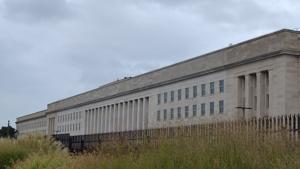
Better-than-expected inflation report generates cut predictions
Investors are predicting another rate cut at the Federal Reserve’s meeting next week after a better-than-expected inflation report Friday, while stocks reached new highs.
Inflation rose 0.3% last month, making for an inflation rate of 3% over the last year. Both rates were lower than expected, beating predictions of 0.4% and 3.1%.
“Since today’s reading was close to expectations, it likely won’t change the Fed’s plan to continue cutting interest rates at its next two meetings,” said Ryan Young, senior economist at the Competitive Enterprise Institute, in a statement to The Center Square.
Federal Reserve Chair Jerome Powell spoke in August about wanting to balance concerns about inflation with the problem of a sluggish job market. But he also indicated then that, despite inflation being higher than the Fed’s target rate of 2%, the central bank was leaning toward cautiously reducing rates in the near future. The Fed cut interest rates by 0.25% in September and is expected to cut them by another quarter percent in October and December.
Fodder for further rate cuts sent stocks soaring Friday, with all three major indexes reaching record intraday highs. The broad market S&P 500 ticked above 6,800 “for the first time in history” and the blue-chip Dow Jones Industrial Average is on pace to secure its first close above the 47,000 level as well,” according to CNBC.
The monthly Consumer Price Index report was released a couple weeks late due to the government shutdown. The Bureau of Labor Statistics was allowed to work to produce the report because the data is used to calculate cost-of-living adjustments for Social Security benefits checks.
The commodity that saw the largest increase over the past year was natural gas, up 11.7%. The cost of electricity rose 5.1% since this time last year, and though gasoline drove this month’s increase, it fell 0.5% from last year. Fuel oil only rose 0.6% over August and 4.1% over the year, even though gas prices have hit news lows recently.
In the midst of the good news, however, Young said that there is a concern that rate cuts will cause a longer-term rise in inflation than even some of the president’s economic policies that many economists have warned will also cause inflation.
“The worry is that upcoming Fed policy, especially on its balance sheet, which many observers overlook, might cause higher inflation for a longer period of time, above and beyond what tariffs are doing to prices,” Young said.
Latest News Stories

‘The Art of the Heal’: How TrumpRx, most-favored nation pricing, Big Pharma intersect

GOP stands up for U.S. military strikes on suspected drug boats
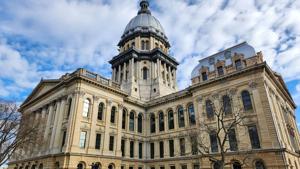
IL lawmakers could address energy prices, transit, taxes during veto session
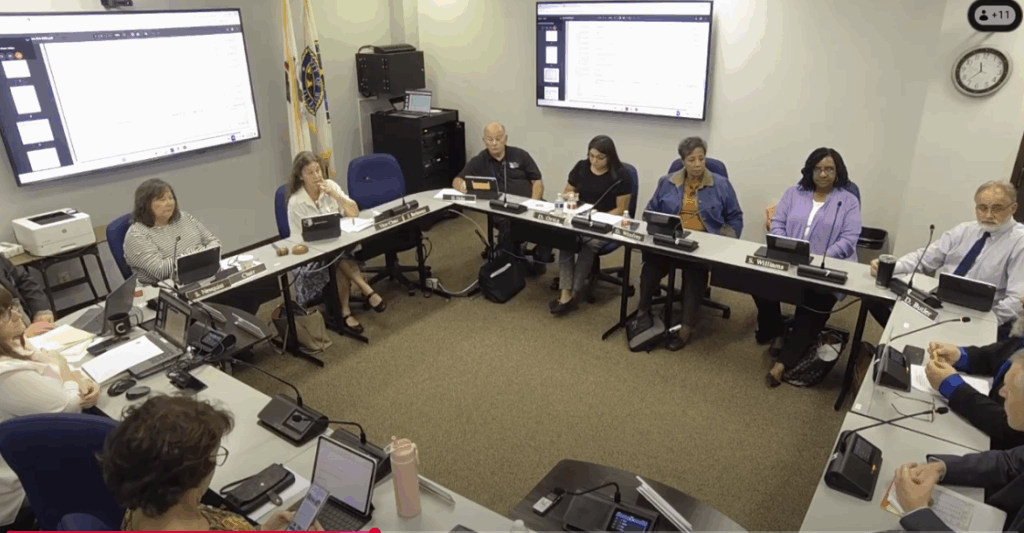
Committee Advances 50% Increase in Mental Health Levy on 4-3 Vote

Meeting Summary and Briefs: Summit Hill School District 161 for September 17, 2025
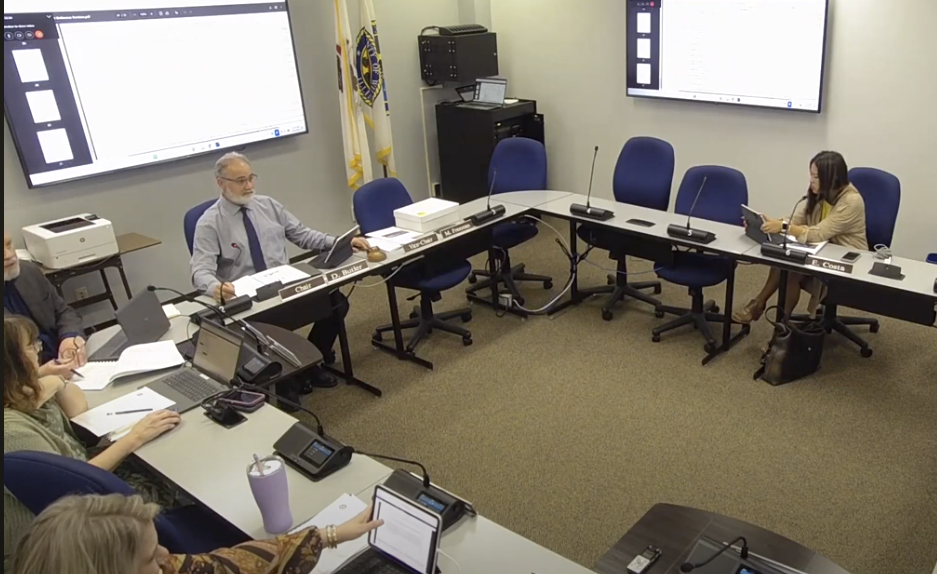
Will County Poised to Launch Major Mental Health Initiative Based on Joliet Program’s Success
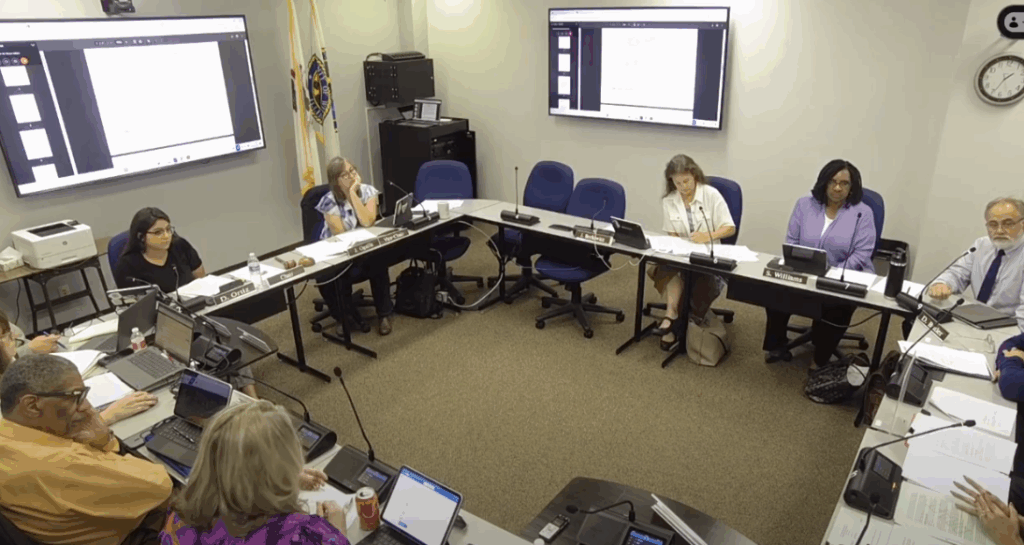
Looming State Energy Bill Threatens to Further Limit County Control Over Solar and Wind Projects
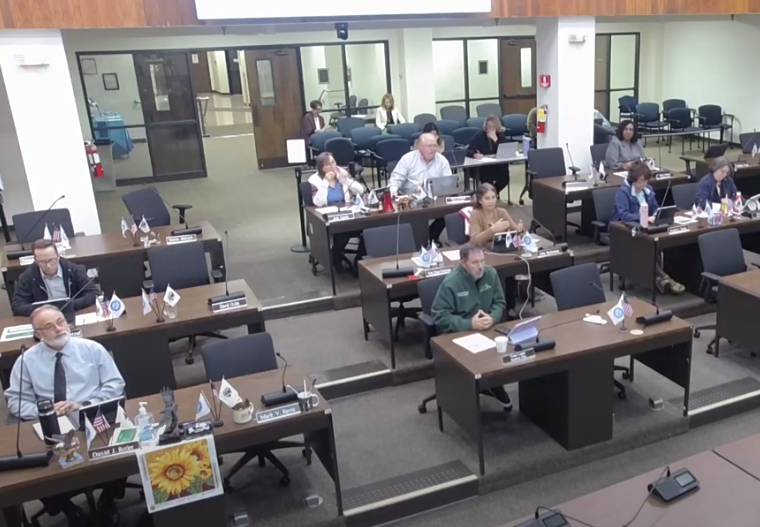
Controversial Immigrant Rights Resolution Postponed by Will County Board After Heated Debate
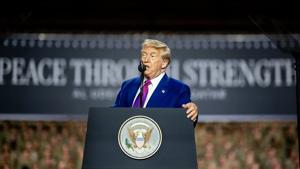
Trump says US troops will get paid Oct. 15 despite funding lapse

$4.5B awarded in new contracts to build Smart Wall along southwest border

Do No Harm expects FTC to take action to protect minors from transgender procedures
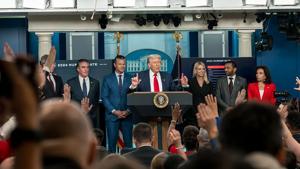
2024 was deadliest year for journalists on record
